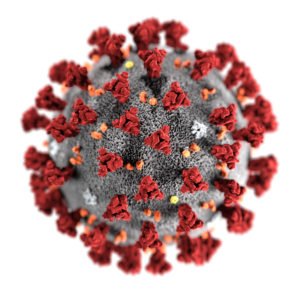The Gender Gap in Scholarly Productivity During the Pandemic May Have Long-Term Consequences
Posted on Nov 04, 2020 | Comments 0
 A new study by researchers at several European universities and academic centers examined how the COVID-19 pandemic has impacted women scholars’ academic publishing productivity. Researchers examined submitted manuscripts and peer review activities for all 2,347 journals of Elsevier’s Social Science Research Network (SSRN) between February and May 2018-2020, including data on almost 6 million academics.
A new study by researchers at several European universities and academic centers examined how the COVID-19 pandemic has impacted women scholars’ academic publishing productivity. Researchers examined submitted manuscripts and peer review activities for all 2,347 journals of Elsevier’s Social Science Research Network (SSRN) between February and May 2018-2020, including data on almost 6 million academics.
Researchers found the number of manuscripts submitted to all Elsevier journals during the early months of the pandemic increased 58 percent compared to the same period of the previous year (466,846 for February-May 2019 to 738,705 in 2020). The increase was 92 percent for articles in health-related fields. But submissions by men increased at a faster rate than submissions for women.
The research indicates that “the exceptional lock-down and social distancing measures imposed by the pandemic have penalized women academics and benefited men. This distortion has been especially prominent in the area of research where the academic production has been higher during the pandemic, i.e., health & medicine. Women at later stages of their careers were penalized the most, which in principle could be explained by more intense family duties.”
The authors of the study warn that “given the importance of publications and citations for academic career and prestige in the current hyper-competitive academic environment, these gender disparities could have important short- and longer-term effects, which need to be considered by academic institutions and funders. Indeed, those who have already benefited from this COVID-19 research inflation may have higher chances in the near future to receive prestigious grants and obtain tenures and promotion in prestigious institutions.”
The full study, “No Tickets for Women in the COVID-19 Race? A Study on Manuscript Submissions and Reviews in 2,347 Elsevier Journals During the Pandemic,” may be accessed here.
Filed Under: Research/Study








